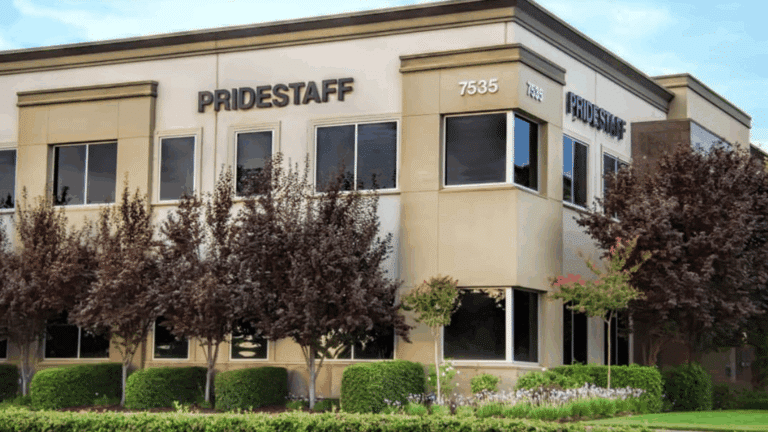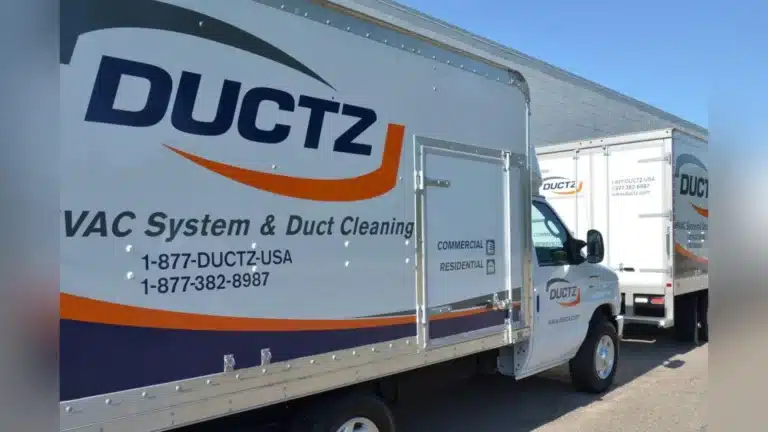Operating expenses (OpEx)
Operating expenses (also referred to as “operating costs” or “OpEx”) are the ongoing costs that a business incurs in order to maintain its daily operations.
Operating expenses are distinct from the costs of goods sold (COGS), which are the variable costs associated with producing and selling a product or a service. Instead, COGS typically include raw materials, labor costs associated with production, and shipping costs.
What costs are included in Operating Expenses?
Examples of operating expenses can vary depending on the type of business, but some common ones include:
- Rent and utilities: These are the costs associated with leasing and maintaining the physical space of a business, including electricity, water, and other utilities.
- Salaries and wages: These are the wages paid to employees who work for the business on an ongoing basis, such as administrative staff, sales associates, and managers.
- Insurance: This includes various types of insurance such as liability insurance, workers’ compensation, and property insurance.
- Advertising and marketing: These are the expenses associated with promoting the business to potential customers, such as creating advertisements, sponsoring events, or running social media campaigns.
- Office supplies: This includes the costs of supplies and materials needed for everyday business operations, such as paper, pens, and printer ink.
- Professional fees: This includes fees paid to outside professionals, such as lawyers or accountants, who provide services to the business.
Operating vs. non-operating expenses
Non-operating expenses, on the other hand, are one-time or infrequent expenses that are not considered part of the ongoing operations of the business. Examples of non-operating expenses include interest expenses and taxes on the sale of assets.



